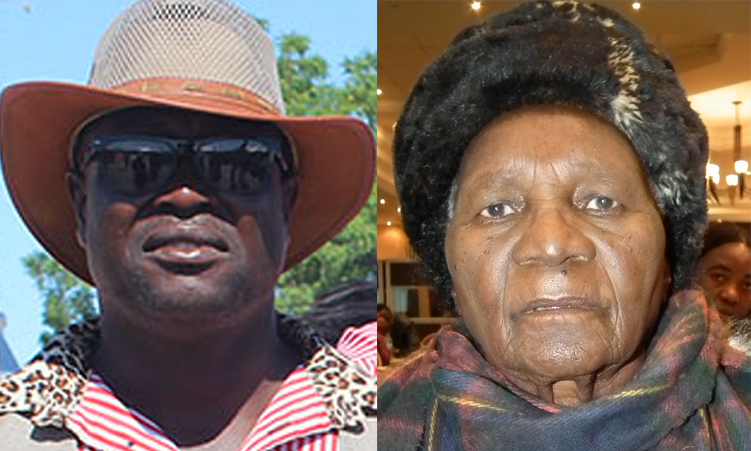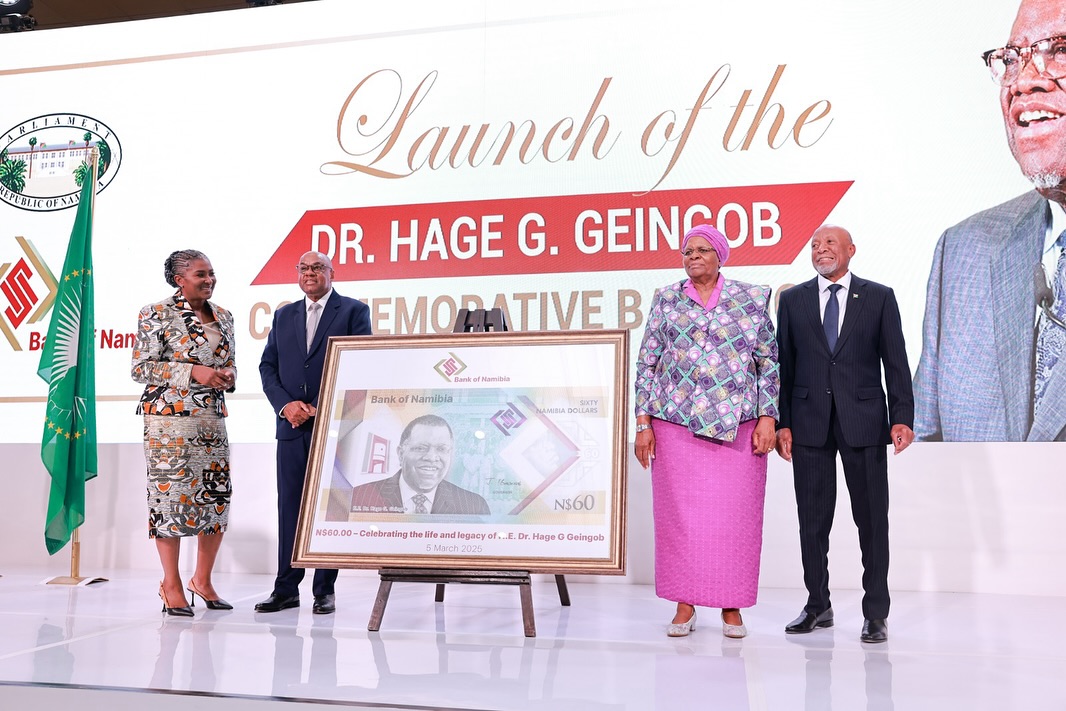JOHANNESBURG – Irish rocker and activist Bob Geldof has thrown his weight behind a new project aimed at producing electricity from plant seeds in Africa.
Geldof has joined Britain’s Helius Energy Plc as a special adviser to support the company’s renewable energy projects across the continent, which is seeing demand for power surge. “Power through renewable energies is and will be a major tool for developing countries, particularly for rural populations,” Geldof told a news conference in Johannesburg on Wednesday.”The potential is enormous, i think it will be extraordinary if the model is replicated in other parts of Africa, it will have life-changing effects,” he added.Helius’ plans centre on the jatropha curcas plant – an ancient bush that grows widely across the continent and produces seeds which, when dried and crushed, yield an oil which can be burned in most diesel engines.The jatropha seeds will also be processed into biomass to power electricity plants.Proponents say alternative energy sources could prove key for Africa, where decades of underinvestment in electricity networks and growing populations mean the poorest 20 per cent of the population has no access to electricity at all.Even in wealthier African countries such as Nigeria, reliability of supply is often so poor that all large businesses need their own generators.PILOT PLANT IN BRITAIN Helius Energy plans to install and operate large 50-65 megawatt and smaller 5 MW biomass-powered electricity generation plants, the company said in a statement.The company, listed on London’s Alternative Investement Market, said it is building a pilot plant in the British port of Immingham on the Humber river.There it intends to generate 65 MW of renewable energy sufficient to power 120 000 homes, using mainly wood, spent grains and oilseed cake as biomass.Geldof flew into Johannesburg from Swaziland, where he was visiting jatropha plantations with Helius Energy CEO Alex Worrall and Dimitri Pappadopoulos, CEO of D1 Oils Africa, partners with Helius on the project.”Every hectre of Jatropha Curcas can produce 2,7 tonnes of oil and about four tonnes of biomass.Every 8 000 hectare of the plant can run a 1,5 megawatt station, enough to power 2 500 homes,” Worrall said.Pappadopoulos said D1 Oils Africa has obtained rights to plant more than 40 000 hectares of jatropha in Swaziland and Zambia, and are also working with the local populations to cultivate the plant, which grows easily in the region.”We have about 600 out-growers working with us, we provide then with the seeds and buy the crops from them,” he said.Pappadopoulos said the first jatropha-fuelled power station will be built in Swaziland, and will be ready to supply electricity within three years.Nampa-Reuters”Power through renewable energies is and will be a major tool for developing countries, particularly for rural populations,” Geldof told a news conference in Johannesburg on Wednesday.”The potential is enormous, i think it will be extraordinary if the model is replicated in other parts of Africa, it will have life-changing effects,” he added.Helius’ plans centre on the jatropha curcas plant – an ancient bush that grows widely across the continent and produces seeds which, when dried and crushed, yield an oil which can be burned in most diesel engines.The jatropha seeds will also be processed into biomass to power electricity plants.Proponents say alternative energy sources could prove key for Africa, where decades of underinvestment in electricity networks and growing populations mean the poorest 20 per cent of the population has no access to electricity at all.Even in wealthier African countries such as Nigeria, reliability of supply is often so poor that all large businesses need their own generators.PILOT PLANT IN BRITAIN Helius Energy plans to install and operate large 50-65 megawatt and smaller 5 MW biomass-powered electricity generation plants, the company said in a statement.The company, listed on London’s Alternative Investement Market, said it is building a pilot plant in the British port of Immingham on the Humber river.There it intends to generate 65 MW of renewable energy sufficient to power 120 000 homes, using mainly wood, spent grains and oilseed cake as biomass.Geldof flew into Johannesburg from Swaziland, where he was visiting jatropha plantations with Helius Energy CEO Alex Worrall and Dimitri Pappadopoulos, CEO of D1 Oils Africa, partners with Helius on the project.”Every hectre of Jatropha Curcas can produce 2,7 tonnes of oil and about four tonnes of biomass.Every 8 000 hectare of the plant can run a 1,5 megawatt station, enough to power 2 500 homes,” Worrall said.Pappadopoulos said D1 Oils Africa has obtained rights to plant more than 40 000 hectares of jatropha in Swaziland and Zambia, and are also working with the local populations to cultivate the plant, which grows easily in the region.”We have about 600 out-growers working with us, we provide then with the seeds and buy the crops from them,” he said.Pappadopoulos said the first jatropha-fuelled power station will be built in Swaziland, and will be ready to supply electricity within three years.Nampa-Reuters
Stay informed with The Namibian – your source for credible journalism. Get in-depth reporting and opinions for
only N$85 a month. Invest in journalism, invest in democracy –
Subscribe Now!










